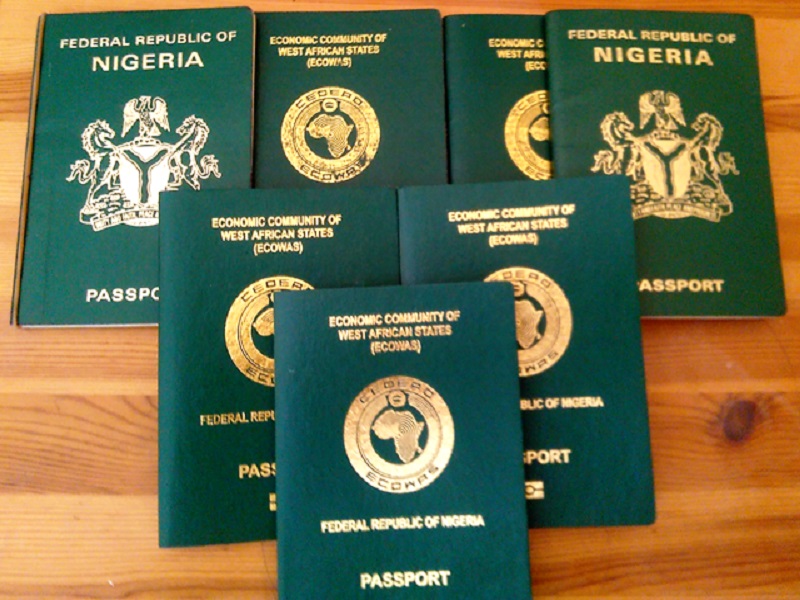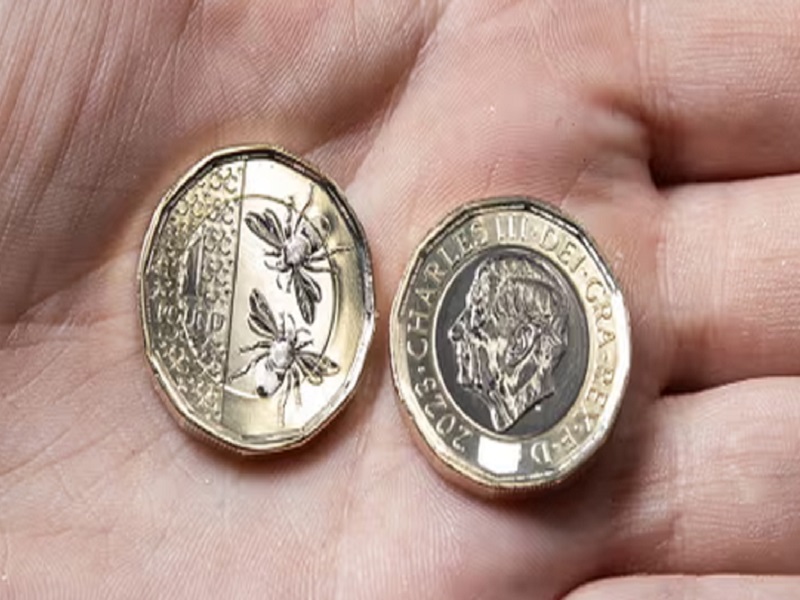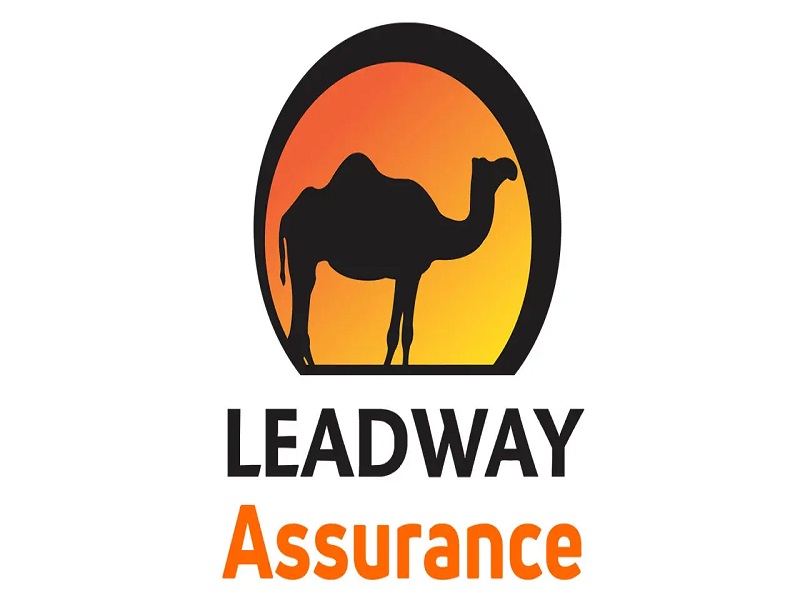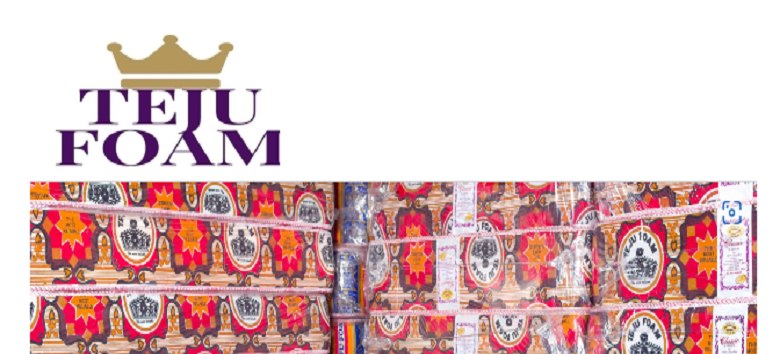
The Pfizer/BioNTech vaccine made from the messenger RNA technology simply instructs the body to produce proteins that then develop protective antibodies.
However, the vaccine requires a costly and complex distribution channel; deep freeze airport warehouses, refrigerated vehicles, and vaccination points. This means the countries interested in acquiring the vaccines must either have those infrastructures in place or will have to build them from the scratch.
Even if the concrete efforts by the World Health Organisation to make the vaccine available to poorer countries bear fruits, these efforts become fruitless if the vaccines can not get to those that need it timely and in good condition.
Immediately the vaccines reach the vaccination centers, the vaccine shots must be defrosted from -70 degrees celsius, injected within 5 days, otherwise, the vaccine is no longer useful. This process must be repeated in a month to deliver the second shot.
In the case of Africa, several countries do not have these infrastructures and can not afford to build these required infrastructures.
For instance, 50% of the food productions in Africa is wasted, according to the Food and Agricultural Organization of the United Nations. This wastage is a result of a lack of storage facilities and bad roads.
The shortage of healthcare workers in developing countries is another obstacle in getting vaccines to those that need them. For instance, Africa has 2.3 healthcare workers per 1000 population while it is 24.8 healthcare workers per 1000 population in the Americas.
The ward forward
For a continent that is famous for wastage, applying for the Pfizer covid-19 vaccines seems like a waste of scarce resources and the vaccines itself.
The best solution for African countries now is to focus on enforcing masks mandatory, mass testing isolate, and treat. While the continent waits and hopes for a vaccine that can be delivered to those in need using the existing infrastructural networks and healthcare workers.
Contributor
Adetunji Bolorunduro has expertise in Business Strategy, Business Development and Chinese Investments in Africa. He writes regularly for Richtopia, Africa Business Chamber of Commerce among others.






























































